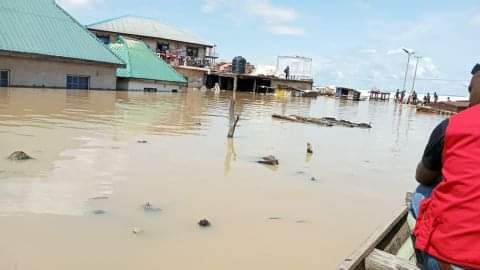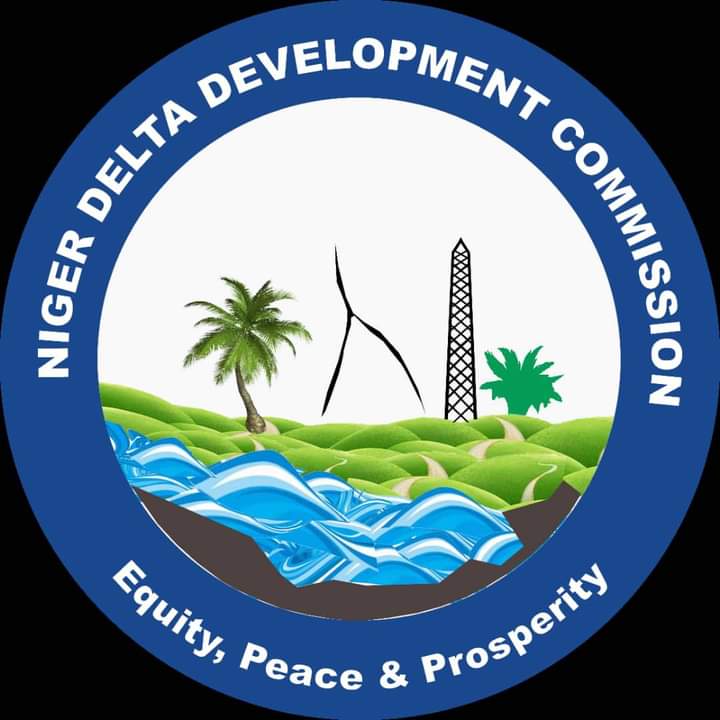As an Ecological Conservationist and Indigenous Minority Rights Activist, it is my top obligation to opine on the recent order for evacuation by infected states as a response to the Federal Government’s issue of a disaster warning through the Federal Ministry of Environment and the National Emergency Management Agency of the possibility of massive floods. In reality, it is not enough to caution against the annual flooding, erosion, and other disasters experienced and their effect on the lives of Nigerians residing in those geographical regions, both economically and culturally.
At this stage, the nonchalance towards supposed lessons that should have been learned from previous rainy seasons by the authorities in charge must be pointed out.
Year-in, year-out, all we hear from the government is the issuance of a warning for evacuation without proper logistics or mechanisms in place to make it an easy process for the citizens. Instead of well-constructed Internally Displaced Persons Centers and proper welfare and resettlement plans that meet International practice standards, when the flood finally comes, the government of the day at all levels will reluctantly go ahead to set up chaotic flood-displaced persons settlements in unsafe environments such as school compounds, and the aftermath will abandon the people to their fate after a few weeks.
This had become the norm without going to the drawing board in preparation to tackle the cause of flooding, which significantly should involve the proper dredging of the River Niger and adjoining rivers in coastal areas like the Warri River, the setting up of coastal management, shoreline protection, especially in riverine communities, and the building of bigger dams, to name a few.
No doubt, the rural and riverine areas are the most deeply affected but are still neglected in the face of all this. A practical example is Ajudiabo-Ugborodo, Ekekporo, Ebokiti, Ugbege, and other coastal communities cutting across the three Warri Local Government Areas that have been affected by floods and erosion in recent years without any response prior to, during, or post-flooding. Local residents had unfortunately become riverine nomads. A situation that had placed them on the verge of abandoning their homeland; hence, their ancestral home might go extinct. This makes it look obvious that the well-being of those residents in the flood-prone areas is of lesser concern to all stakeholders, including the federal and state governments and their agencies, upon whom the onion of responsibility on such matters rests, as they seem to go to sleep immediately the raining days are over and resurface the following season to issue warnings and evacuation notices without any form of preparation.
Another defunct method is the one applied by the authorities in communicating disaster alerts, warnings, and evacuation notices. It is hard for the residents of rural areas (especially the riverine areas) that are mostly affected to get access to those warnings. The government needs to employ a more realistic and penetrating means of passing that relevant information to those in rural and riverine areas who don’t have access to the internet or national newspapers.
Concerned citizens, mostly professionals, advocates, and the civil society community from the Ecological Conservation and Environmental Protection sector, of which I am part and parcel, are not left out in all of this. They should brace up and do more to see that the Nigerian government and her relevant agencies are living up to expectations as it relates to the implementation of international practices in terms of areas prone to flooding, erosion, and other natural disasters during the rainy season. Monitoring and questioning how government agencies such as her environmental commissions and emergency intervention agencies, etc., utilize ecological conservation and disaster emergency funds, whether those funds are internally allocated, from a local third party, or through international intervention, lies on our shoulders as professions, advocates, and CSOs.
Going forward, for the sake of humanity and societal good, Federal and State governments, not excluding relevant agencies, should do more than predict or issue disaster warnings and advise citizens to evacuate. Of course, they are obligated to be in line with the social contracts guided by the democratic processes through which their administration came to be.
Ojumude Tosan Bishop,
Ecological Conservation and Indigenous Minorities Rights Activist.
Warri, Delta State.













